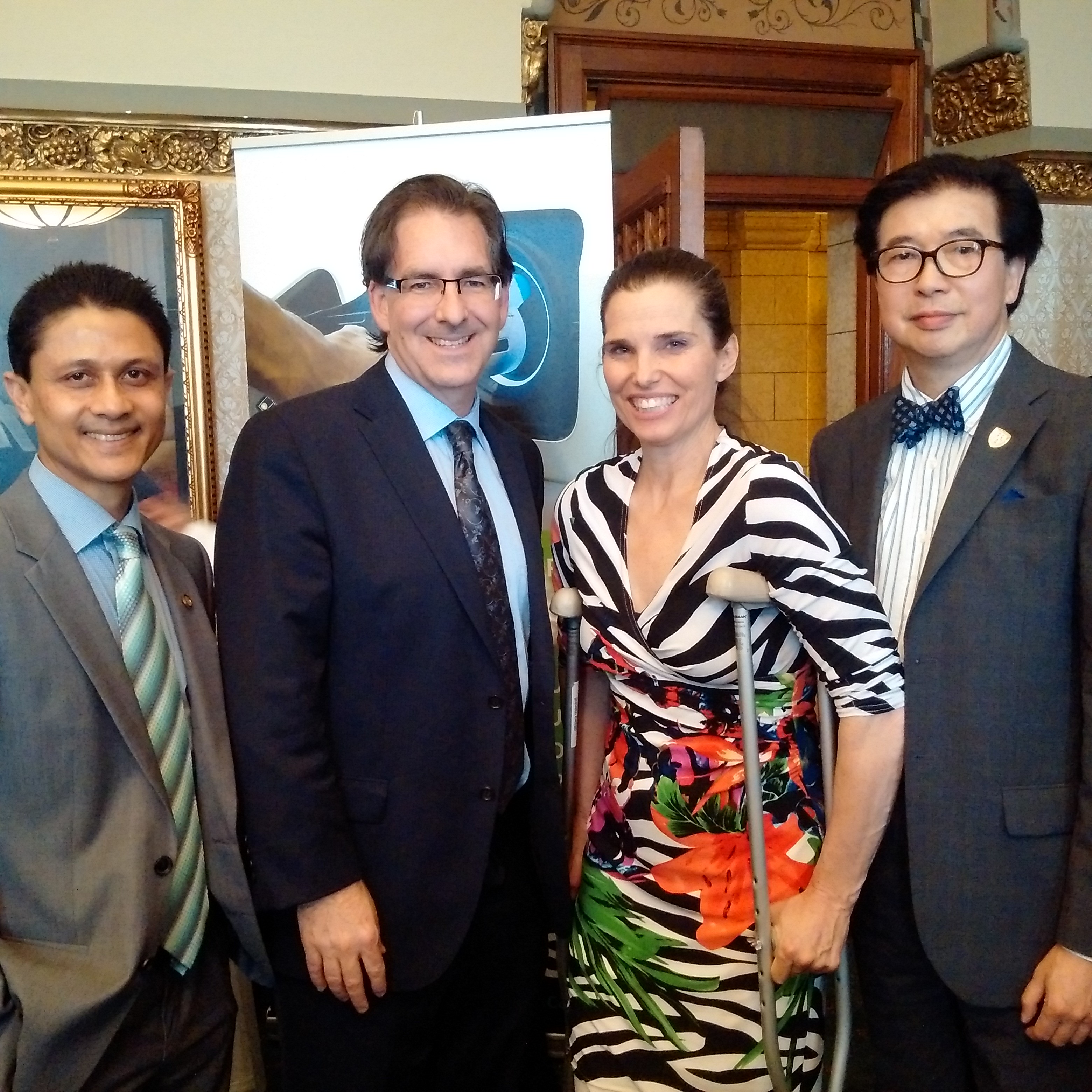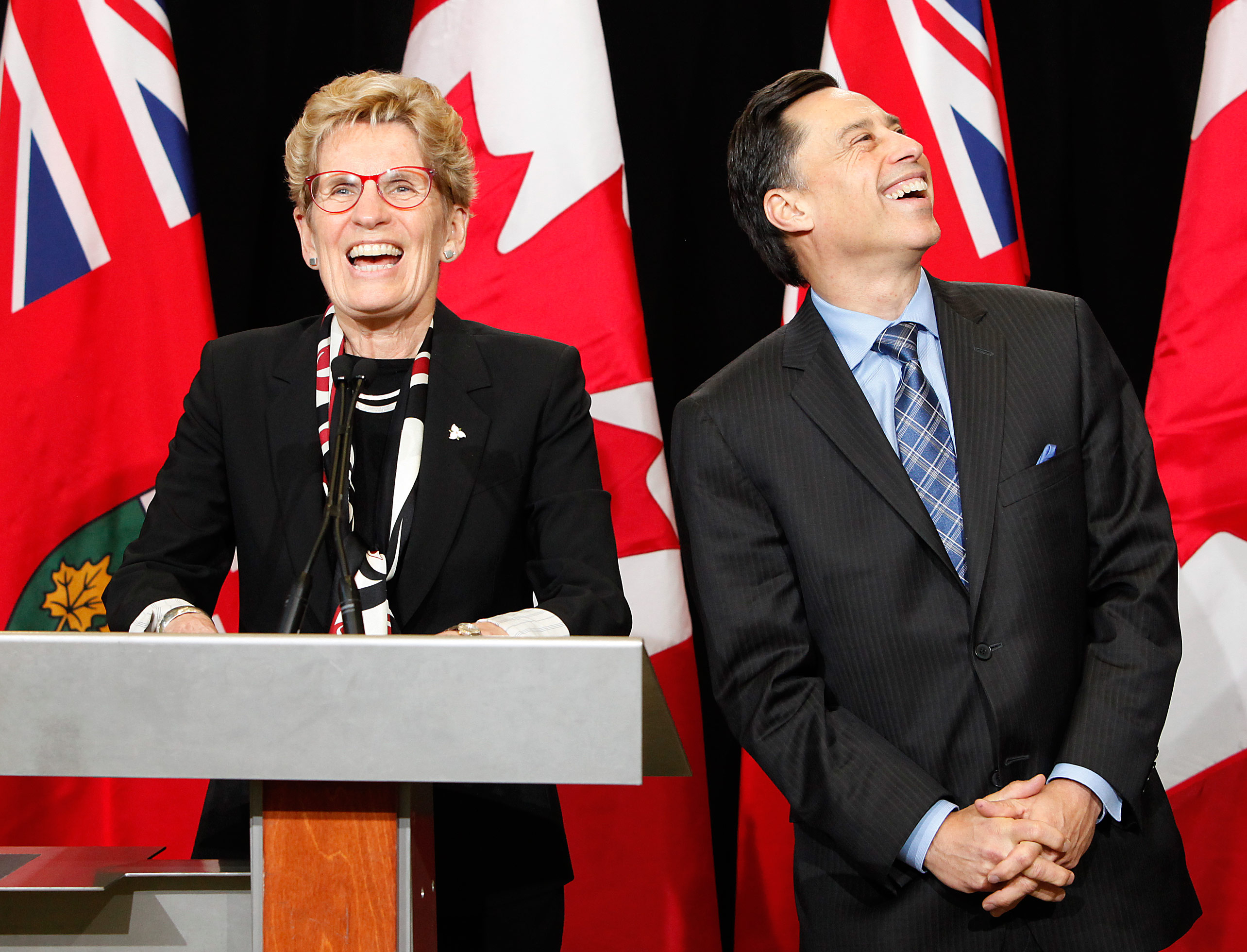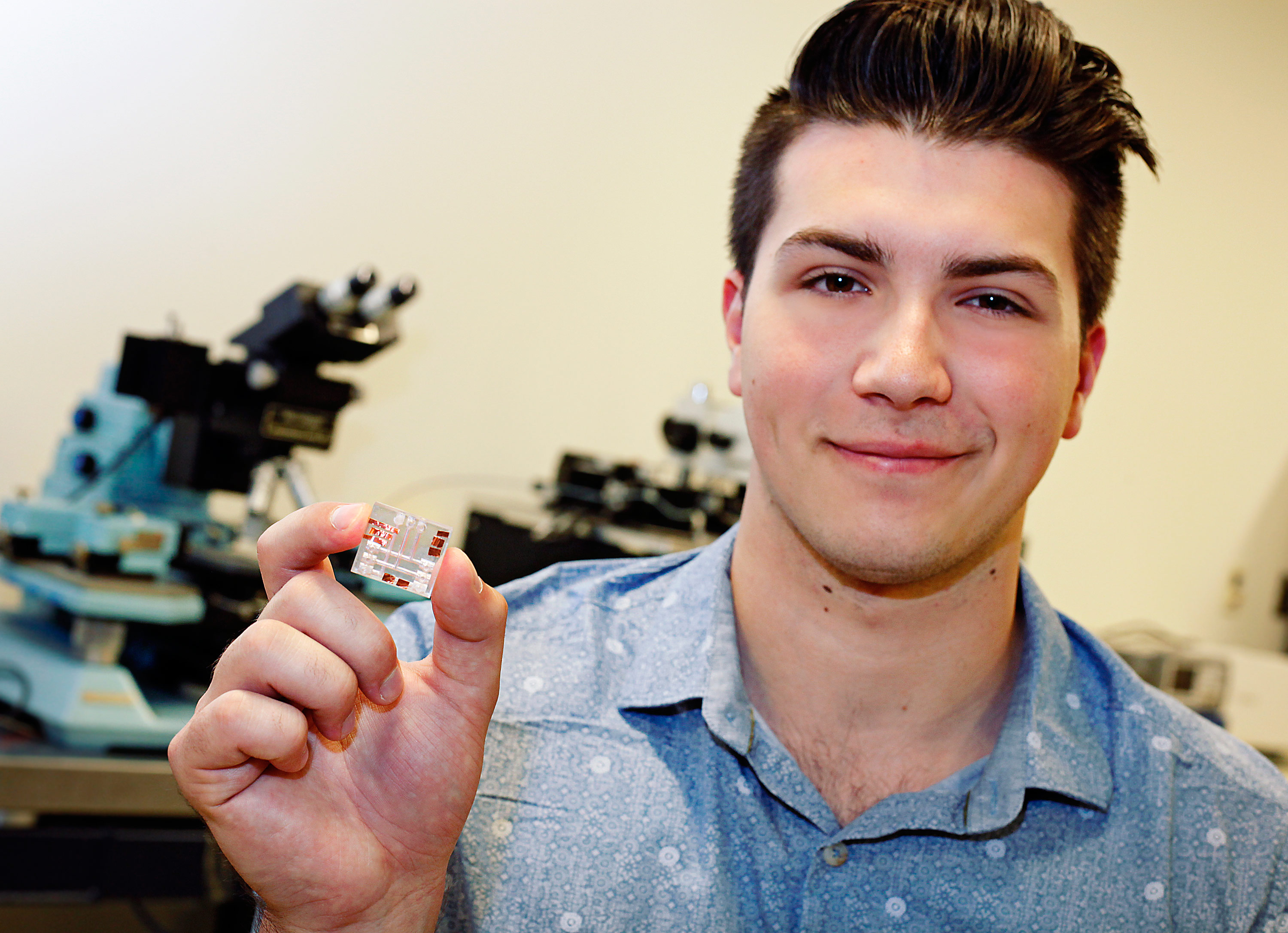
Meeting with Members of Parliament and government officials May 17 in Ottawa was a wonderful opportunity to showcase the research driving Canadian innovation — and to highlight the University of Windsor, says engineering professor Narayan Kar.
Canada Research Chair in Electrified Transportation Systems, he was one of the presenters during the Parliament Pop-Up Research Park, a project of the Council of Ontario Universities and the Ontario Council on University Research to share their latest discoveries with federal decision-makers.
“From an education perspective, it was a huge success,” says Dr. Kar. “Our government needs to be informed as to what we are doing.”
His presentation, entitled “Will an Electric Car be Able to Travel Coast-to-Coast?” attracted interest from MPs, senators, and civil servants, but Kar’s answer to the question he posed is “yes, but…”
He says electric vehicle technology will need improvements in affordability, convenience, reliability and durability before it are a true alternative to combustion engines.
— Published on Jun 8th, 2018
— Published on Jun 8th, 2018

Ontario Premier Kathleen Wynne participated in a roundtable discussion with local business leaders, educators and politicians at the University of Windsor on Thursday.
Earlier in the day, Wynne attended an announcement at the Ford Essex Engine Plant with Prime Minister Justin Trudeau where the provincial government, federal government and Ford announced a $1.2-billion investment in the automaker’s Ontario operations. Part of that investment will go to the Powertrain Engineering Research and Development Centre which works in collaboration with UWindsor engineering graduate students and faculty.
— Published on Jul 3rd, 2018

The Huffington Post has named the University of Windsor the number one university to watch in Canada.
Based on the Canadian University Rankings, The Huffington Post has selected five universities it considers to be "Canada's Rising Stars."
— Published on Jul 3rd, 2018

Local Girl Guides added three new badges to their collection on March 11 at UWindsor’s engineering and science themed Badge Day.
More than 60 Windsor and Essex County Girl Guides, ranging from Grades 3 to 8, earned recycling, bodyworks and physics badges by completing hands-on activities in the Ed Lumley Centre for Engineering Innovation.
— Published on Jul 3rd, 2018

At UWindsor Engineering, we believe that one of the most important ingredients for creative thinking is diversity. We are committed to fostering a respectful, fair, and inclusive learning and working environment for all of our students, faculty and staff. From all of us at the Faculty of Engineering, we would like to say #YouBelong.
Women account for an average of 19 per cent of engineering students in Canada, a participation rate essentially unchanged since 2013, says Eleane Paguaga Amador, president of the Women in Engineering Club and a third-year industrial engineering major.
— Published on Jul 3rd, 2018

A UWindsor engineering professor and student have developed a personalized navigation system that has the potential to assist the visually impaired and those in low-visibility environments.
Unlike most navigation systems, which rely on a GPS satellite signal, Dr. Jalal Ahamed and Joshua Jaekel’s wearable smart device uses motion and acoustic wave sensors to detect nearby objects — the same way bats use sound waves to navigate.
— Published on Jul 3rd, 2018

A team including a University of Windsor engineering student used NASA technology designed for Mars to become the only Canadian-based team to win part of the U.S. Space Race startup challenge.
Abhishek Chakrala, a 22-year-old electrical engineering masters student, was part of a seven-member team that won a $2,500 prize in one category by using a NASA invention to track weather. The team was named a finalist in another category where it pitched an idea to make electricity using a kite in remote locations.
— Published on Jul 3rd, 2018

A University of Windsor engineering student represented Canada on an international stage with a micromixer that can help researchers detect diseases and pathogens, identify pollutants or test material properties on a microscale quicker than ever.
— Published on Jul 3rd, 2018

Lengthy wait times for medical diagnostic imaging not only delay critical procedures, they add additional strain to patients and families who are left waiting in uncertainty.
On average, Ontarians wait 107 days while Windsorites wait 102 days for a Magnetic Resonance Imaging (MRI) scan, according to the Ontario Ministry of Health and Long-term Care.
— Published on Jul 3rd, 2018










